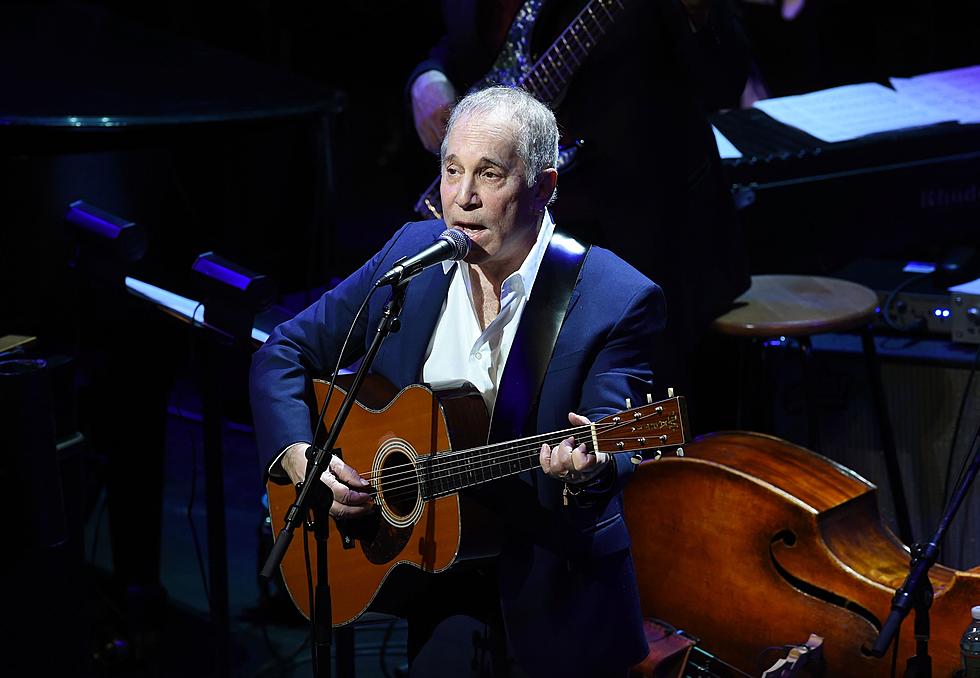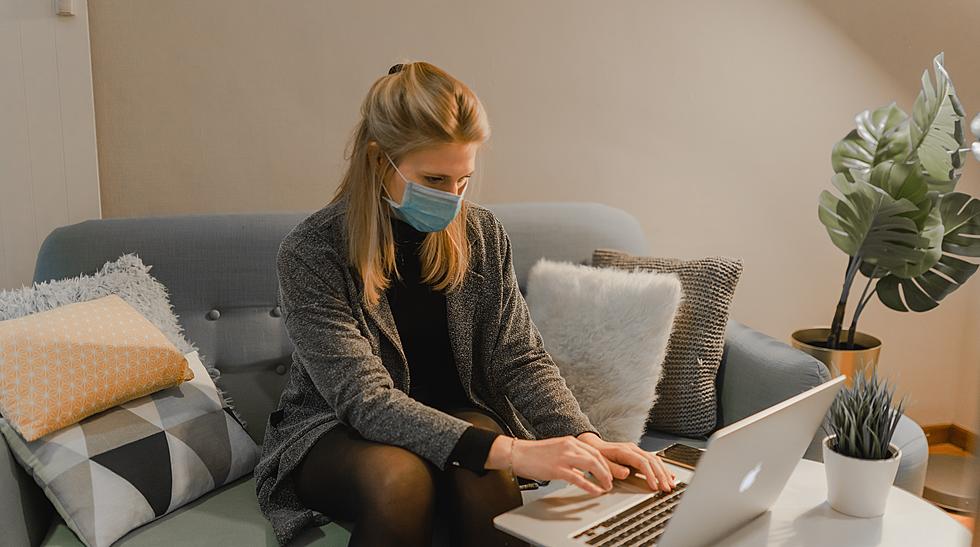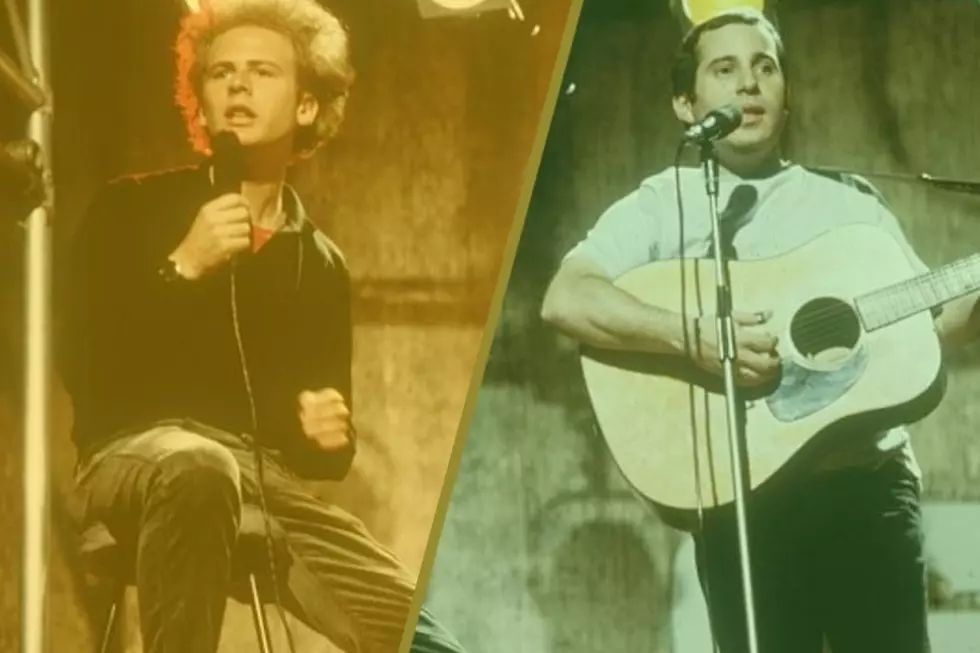
Music Legend Paul Simon Has Severe Hearing Loss And Won’t Tour Again. Is Covid To Blame?
With Covid we don't know what we don't know. Just a "little flu"? No, by any metric this dangerous virus has been far worse than the seasonal flu. Many people who catch the bug go on to grapple with Long Covid, with sometimes bizarre symptoms that can last for years.
Recently, 81-year old singer and songwriter Paul Simon announced that he was suspending all touring, blaming severe hearing loss. Simon is convinced that his symptoms are a result of Covid-19.
“I haven’t accepted it entirely, but I’m beginning to,” Simon told an audience at the Toronto Film Festival, according to U.S. News.
Maybe I'm curious about this because I have experienced some level of hearing loss, probably due in part to (loud) rock and roll and hunting without ear protection. But Simon's announcement hit close to home. Is hearing loss really a possible symptom of Covid? What does science have to say about this?
Like peeling an infinite onion, we are continuously learning more about this mysterious virus and long-term implications, but there is a body of scientific evidence suggesting that some of us may, in fact, increase our odds of hearing loss after catching Covid.
A cursory search online (thank you Google) reveals some interesting clues. According to the National Institutes of Health: Sensorineural hearing loss can be caused by COVID-19, as other symptoms in the nervous system. Hearing loss may also be the only symptom or complication of this disease or the symptoms of long COVID-19.
The NIH study concludes: COVID-19 can damage the inner ear as well as the auditory pathway. Hearing loss may be the only symptom of COVID-19 or be a late complication of the disease due to postinfectious inflammation of the nerve tissue as a symptom of long COVID-19. Well, that's not good.

But wait, there's more. A University of South Australia and nursing lecturer has used her own personal experience with sudden deafness, attributed to Covid-19. According to Neuroscience News Gibson developed acute hearing loss in one ear, along with vertigo and tinnitus (ringing of the ears) several weeks after experiencing a mild COVID-19 infection in 2022.
She adds: “This was a shocking experience for me that had a significant impact on my quality of life for several months as I had never had any problems with hearing before; not even an ear infection."
My take-away: this is a reminder to take the virus seriously - everyone is impacted differently, and severe hearing loss is one of many symptoms of Long Covid.
Just like you wouldn't wander outside in subzero weather wearing nothing but your underwear, health experts suggest multiple layers of protection, so your body has a better chance of fighting off this unpleasant virus, with as few side effects as possible?
Getting the latest vaccine may not eliminate the risk altogether, but call me crazy, bolstering your body's natural immune systems sounds like a very good idea to me.
Answers to 25 common COVID-19 vaccine questions
Gallery Credit: Stephanie Parker
More From KOOL 101.7









